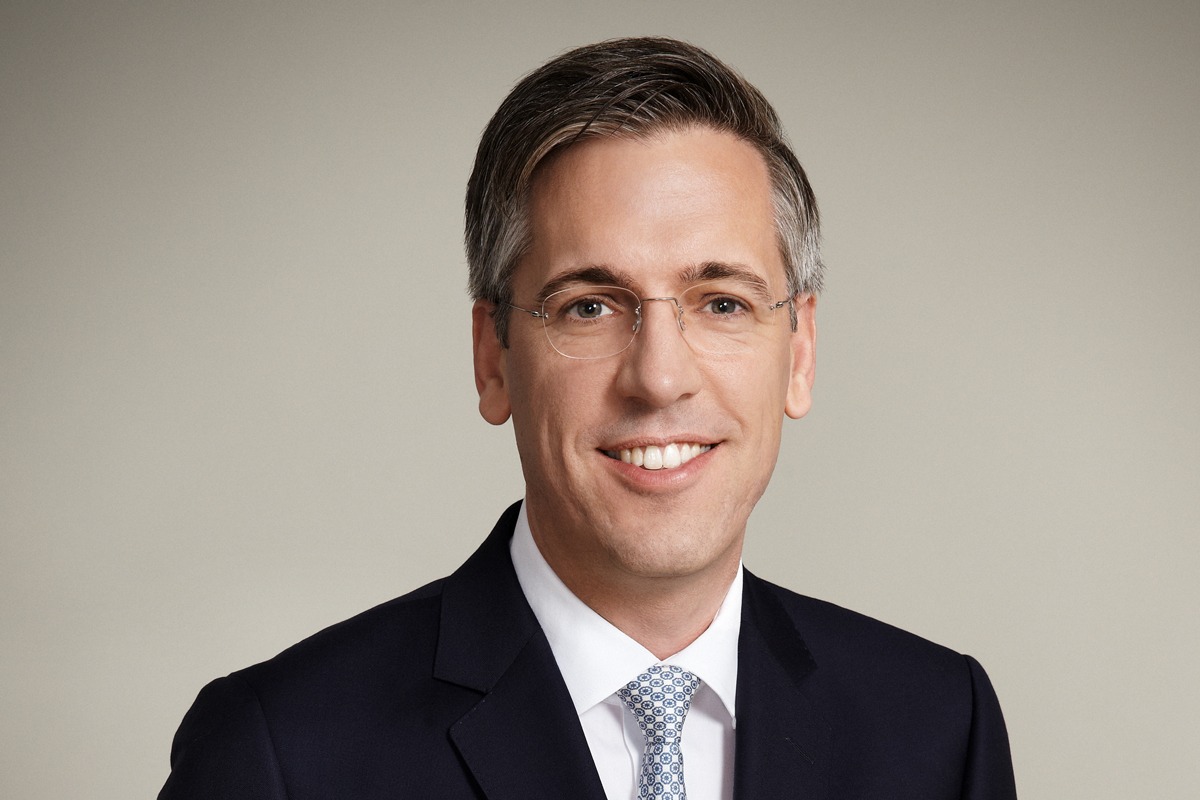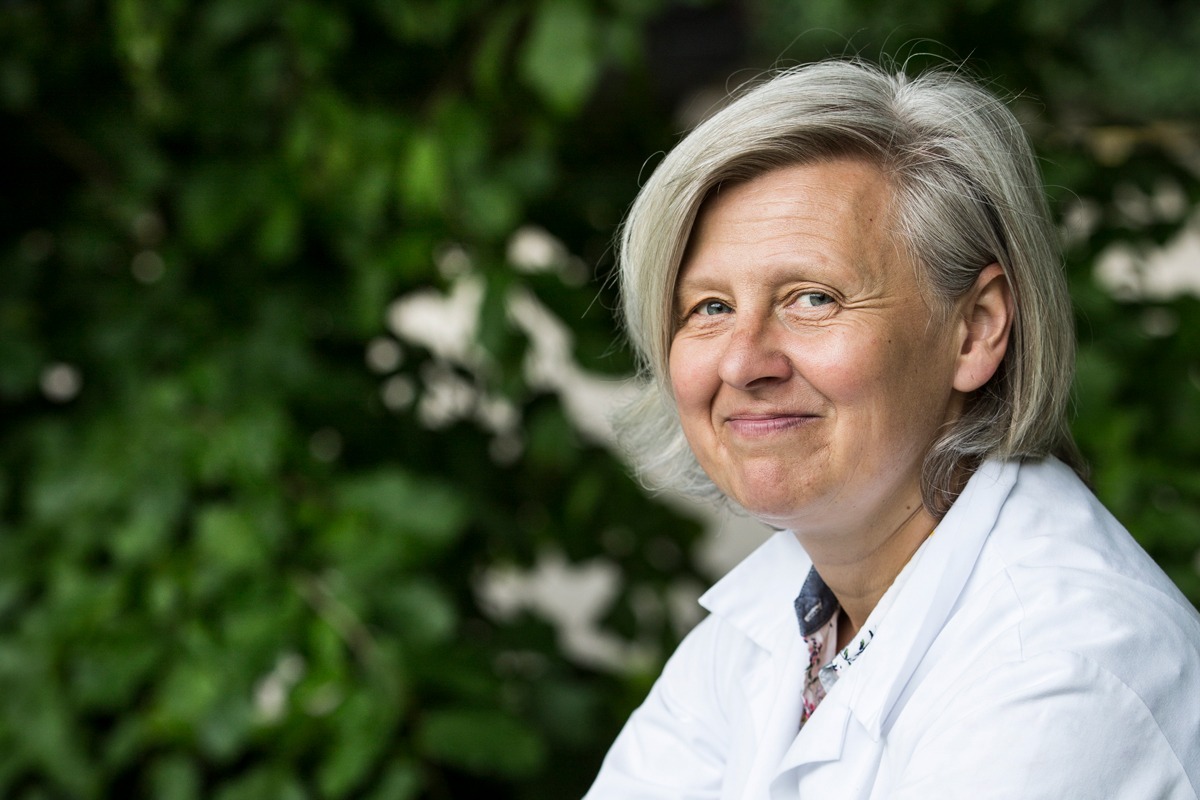Every certified non-profit organisation is required to have adequate financial reserves to be able to continue its work even in challenging times. Arete Ethik Invest has been managing SWISSAID’s assets for years now. What are your particular focal points in this regard?
Roman Limacher: In its day-to-day work, SWISSAID fights hunger, poverty and climate change – and campaigns for a fairer and more peaceful world. It makes sense that the foundation looks very closely at its investments. The focus here is on equities and bonds from companies and countries that are serious about the environment and want to help create a better world.

Roman Limacher, CEO of Arete Ethik Invest, says that financial investments and sustainability can go hand in hand. Well invested, money can contribute to facing the great challenges of this world!
How does Arete Ethik Invest go about putting the portfolio together?
We’re one of the pioneers when it comes to sustainable investment. Having been focussing intensively and exclusively on this market for over 25 years now, we’ve developed a comprehensive system over this period. The process starts with a far-sighted trend analysis and thorough financial analysis. Each security is then reviewed by an independent Ethics Committee, with the result being an investment universe that now comprises around 700 securities. From this pool, we’ve put together a portfolio for SWISSAID that complies with its investment guidelines.
What are the specific criteria for a specific investment to be included – or not, as the case may be?
We have a set of clear exclusion criteria when it comes to companies and government bonds. This includes violation of human rights, production and manufacture of weapons or unlawful business practices, for example. We don’t invest in countries that have nuclear weapons, are corrupt or have the death penalty in their legislation. A well-considered energy policy is also important to us.
As well as these criteria for exclusion, we also take positive ones into account. We look at aspects like management principles, the offering, the operational processes, the approach to natural resources and the transparency of information. The evaluation of the positive criteria results in a total score out of 100, and we do not invest in companies that score less than 50 points in the analysis or meet any of the exclusion criteria. The final and binding decision is always made by our Ethics Committee.

“The economy has a huge influence on society and politics, so it’s important to analyse economic decisions ethically at their core to enable a good life and responsible actions on a smaller and larger scale.”
Medical ethicist Tanja Krones, Arete Ethik Invest Ethics Committee
This committee is independent and consists of seven external experts.
Exactly. It’s made up of two theologians, a doctor, an environmental specialist, an engineer, an ethicist and an expert in managerial finance. They discuss each option in detail, and take the individual criteria into account. This can be a challenging undertaking – the corporate world is complex, and supply chains are closely intertwined. Compromise is needed. The committee usually reviews five to seven securities at its monthly meetings, and this qualitative approach enables us to achieve a high standard. Our goal is to ensure investment behaviour that is safe and profitable, but at the same time socially and environmentally responsible. We work towards achieving this goal every single day.
Isn’t sustainable investment a contradiction in terms?
Not at all! We strongly believe that far-sighted and conscious investment is an important step towards a better world. The corporate world and the economy as a whole bear a great responsibility in this regard. Whether small or large investors, conscious sustainable investment enables us all to advocate for a sustainable economy and promote companies that make a positive contribution to society and the environment in real terms. In addition to this, we can all work together to divert investment away from economic activities that do not take a sustainable approach. Major challenges such as climate change can only be managed if large flows of money are also channelled in the right direction.
Sustainable funds and ethical investment vehicles have been popping up all over the place, and by now every bank has a related product in its range. Isn’t there a risk of dilution here?
Absolutely. Sustainable investments are booming, with plenty of providers riding the wave. The British think tank Influencemap recently examined 130 climate funds, many of which don’t even meet the requirements of the Paris Climate Agreement. Some funds from large providers in particular perform poorly, and also contain Total, Chevron or Exxon Mobil. This is of course shocking. The media and
investors are now taking a closer look and raising awareness of such scandals, however, and this works in our favour.
Why?
Because it separates the wheat from the chaff. In the future, my hope is that the only asset managers to achieve success will be those who take ethics and sustainability seriously.



